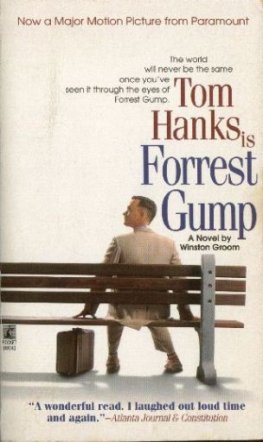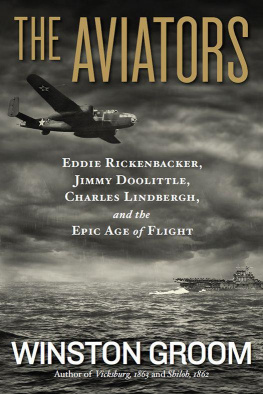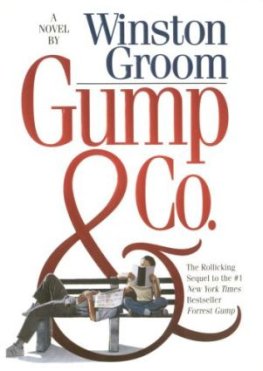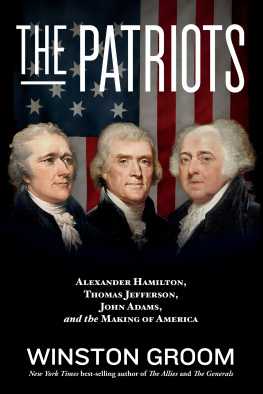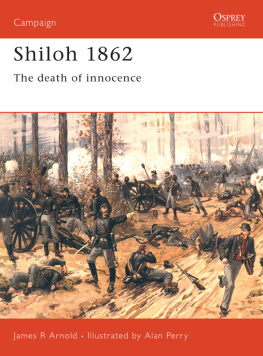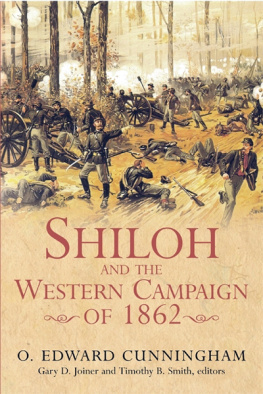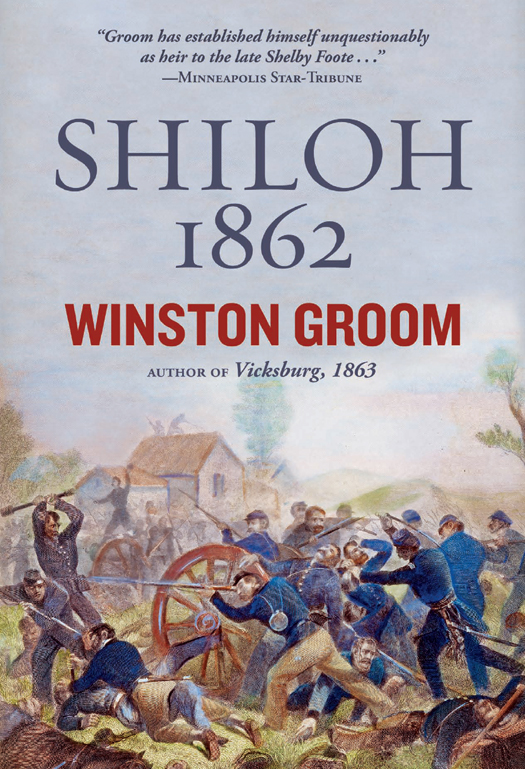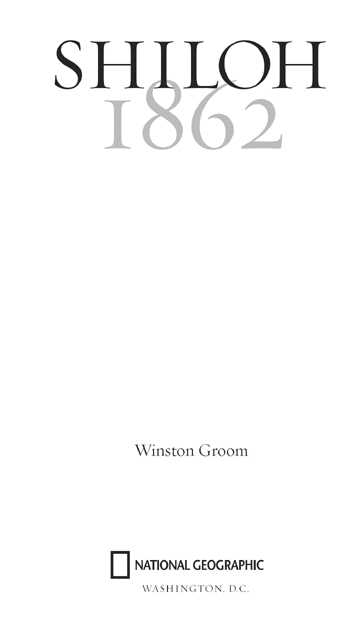Also by Winston Groom
Nonfiction
Shrouds of Glory (1995)
The Crimson Tide (2002)
A Storm in Flanders (2002)
1942 (2004)
Patriotic Fire (2006)
Vicksburg, 1863 (2009)
Kearnys March (2011)
Novels
Better Times Than These (1978)
As Summers Die (1980)
Conversations with the Enemy (1982, with Duncan Spencer)
Only (1984, novel)
Forrest Gump (1986)
Gone the Sun (1988)
Gump and Co. (1995)
Such a Pretty, Pretty Girl (1998)
Published by the National Geographic Society
1145 17th Street N.W., Washington, D.C. 20036
Copyright 2012 Winston Groom. All rights reserved. Reproduction of the whole or any part of the contents without written permission from the publisher is prohibited.
eISBN: 978-1-4262-0879-9

The National Geographic Society is one of the worlds largest nonprofit scientific and educational organizations. Founded in 1888 to increase and diffuse geographic knowledge, the Societys mission is to inspire people to care about the planet. It reaches more than 400 million people worldwide each month through its official journal, National Geographic, and other magazines; National Geographic Channel; television documentaries; music; radio; films; books; DVDs; maps; exhibitions; live events; school publishing programs; interactive media; and merchandise. National Geographic has funded more than 9,600 scientific research, conservation and exploration projects and supports an education program promoting geographic literacy.
For more information, visit www.nationalgeographic.com
National Geographic Society
1145 17th Street N.W.
Washington, D.C. 20036-4688 U.S.A.
For rights or permissions inquiries, please contact National Geographic Books Subsidiary Rights:
12/RRDC-CML/1
v3.1
To Len Riedel, without whom the
Civil War would never be the same.
For Romans, in Romes Quarrel,
Spared neither land nor gold.
Nor son nor wife, nor limb nor life,
In the brave old days of old.
T HOMAS B ABINGTON M ACAULAY
from Horatius (1842), on civil war
CONTENTS
Authors Note

T HE B ATTLE OF S HILOH, ALSO KNOWN AS P ITTSBURG Landing, has intrigued me since my first encounters with Civil War history, but for years I viewed it mostly as some great chunk of pandemonium obscured within the fog of war. More recently, as I began to engross myself in the literature of the battle, what struck me hard was its enormity, its ferocity, and most of all its disorder. As I suspected, it was not an easy story to tell.
My first book of Civil War history sixteen years ago was Shrouds of Glory, about the fateful Battle of Nashville toward the end of the war, which grew, of course, out of the Battle of Atlanta, with Shiloh hovering in the background. After that I wrote about World War I, World War II, and the Battle of New Orleans during the War of 1812 before returning to the Civil War in an account of the Battle of Vicksburg. Many of the same characters who began their Civil War combat careers at Shiloh fought on against one another at Vicksburg, Atlanta, Franklin, and Nashville. For a writer or historian it is both fascinating and astonishing to watch as these reappearing notables are fired, promoted, killed off, celebrated, or removed. The Rebel generals Hardee, Forrest, Wheeler, A. P. Stewart, and Govan come to mind, and Sherman, Grant, and McClernand on the Union side. A. S. Johnston, Polk, Cleburne, and McPherson died on the field. The names drift past, familiar faces and personalities who from time to time inhabited my stories. Each got his start at Shiloh.
Shiloh was different from most large Civil War conflicts in that once the soldiers entered the chaotic terrain of Pittsburg Landing, control became nearly impossible and the battle largely broke down into individual fights between regiments, of which there were some 170 involved.
Some very good historians have attempted to chronicle the battle at this level, and several, noted in my acknowledgments at the end of this book, have been successful. They detail the fighting almost moment to moment on all parts of the field, during all times of the day, quoting manifold sources to frame their narrative. I chose not to try to unravel it that wayfirst, because it had been done, and second, because I thought I saw a different way to present the essence of the Battle of Shiloh to readers who are not necessarily the kind of Civil War buffs who dote on every minute detail and technical aspect.
There were more than 100,000 soldiers fighting in the 12 square miles that constituted Pittsburg Landing, and every one of them who survived had a story to tell. A great many told itin books, memoirs, diaries, letters, and other mediums of the day. There are thousands of accounts available through many venues, and I probably went through most of these.
Afterward, it became my thought to tell a good part of this story through the eyes of just a score or so of these participants. I tried to pick sophisticated observers as they endured the battle and the repercussions from it. Foremost, I chose the good writers, and I weighed heavily on what seemed to be the honesty of their accounts. Ambrose Bierce, for instance, who fought for the Union, became one of Americas most well read authors. Henry Morton Stanley, a Confederate soldier, was later celebrated worldwide for his accounts of exploits in Africa and elsewhere. Others became popular journalists, and still others were simply good diarists or memoirists.
I hope the reader likes this approach. I did, as I wrote it, because it seemed that these observers worked their way at length into the inner seams of the story of Shiloh and propelled it along as the drama unfolded.
In all my previous historiesfrom the War of 1812 to World War III have noted the presence of a direct relative involved in the action. My great-great-great-grandfather, for example, fought in the Battle of New Orleans in 1815 and was promoted from captain to major by Andrew Jackson himself. My grandfather fought in World War I, and my father served in World War II, and blood relatives also served in the Confederate cavalry during the Civil War. It almost sounds as though we are a family of military people, but we are not; Americas wars just fell at the right (or wrong) age for the men, including me, who had just graduated from college with a second lieutenants commission in 1965 when Vietnam broke out in earnest.
Alas, neither the 56th Alabama Cavalry of my maternal great-grandfather Fremont Sterling Thrower nor the Fourth Mississippi Cavalry of my great-great-grandfather James Wright Groom were at the Shiloh battle. Apparently these units had not yet been organized in April of 1862, when the fighting broke out, though they were present at Vicksburg, Atlanta, and other campaigns. It always lent a sense of immediacy and distinction to the story to know that I had a relative in the action, and after a while it began to bother me that one day Id likely write a book of military history with no ancestral connections. Well, here it is, and here I am, and so far as I can tell I dont think it has hurt the telling of the tale. Besides, Ill bet those grandfathers at least


